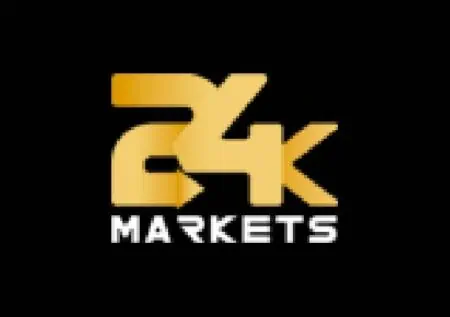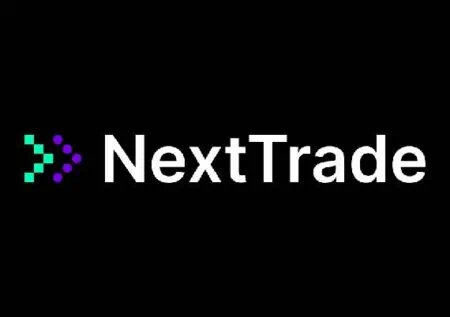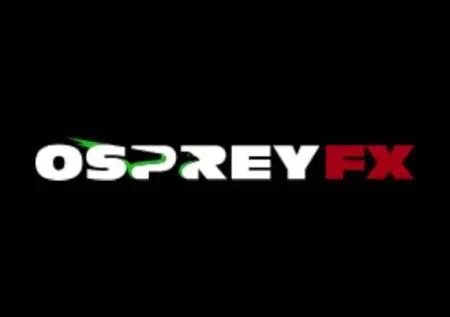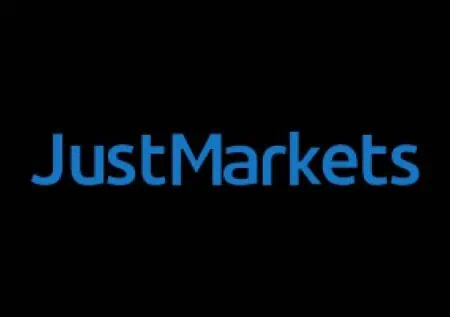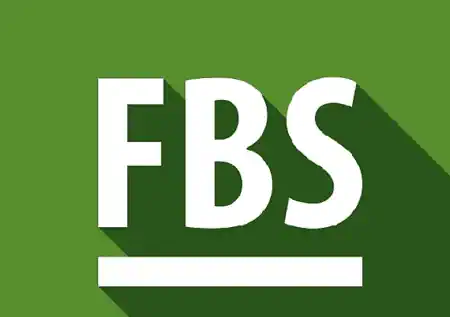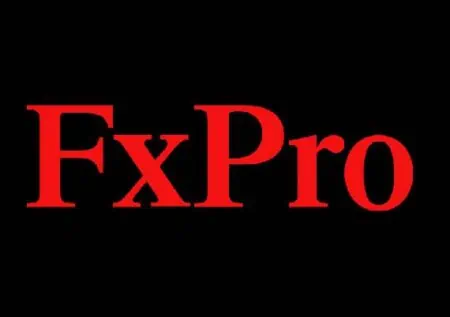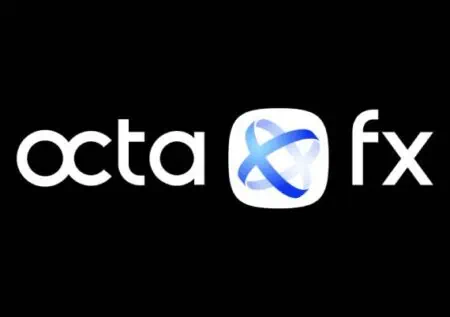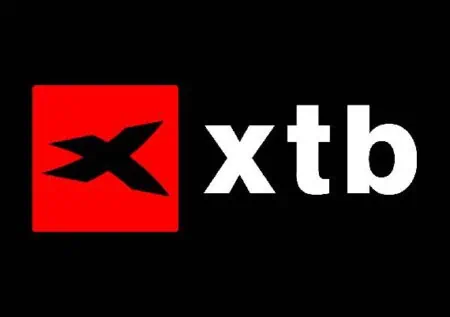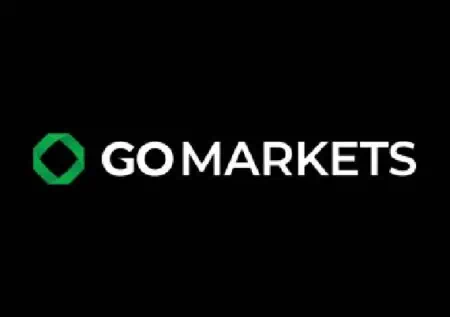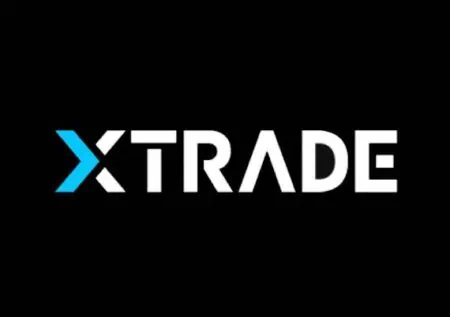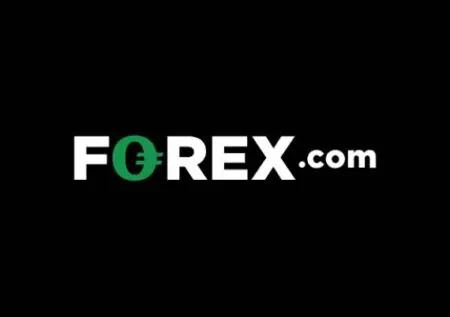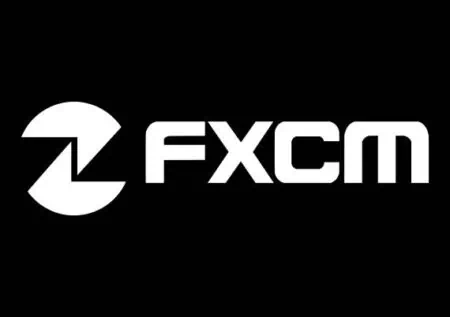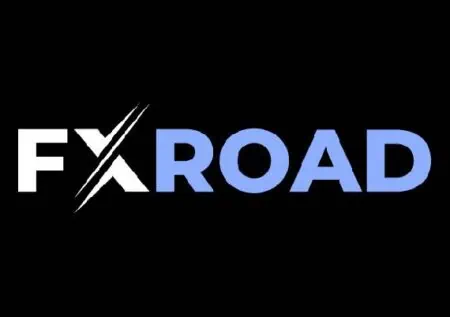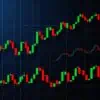A forex broker is a financial services company that provides traders access to a platform for buying and selling foreign currencies. Forex is short for foreign exchange. Transactions in the forex market are always between a pair of two different currencies.
A forex broker may also be known as a retail forex broker or a currency trading broker.
Buy, trade, and hold 75+ cryptocurrencies on eToro
Up to 800+ CFD markets
Up to 1:500 Leverage
Over 100 Trading Assets Available
NextTrade: One Platform, 150+ Assets
OspreyFX: One Broker, Multiple Opportunities to Earn
Reach your full trading potential
HYCM: Your #1 Destination for Online Trading
XM: The Most Awarded Broker for a Reason
FBS: Uncover your potential. Trade with FBS
Buy, trade, and hold 70+ FX pairs on FxPro
Buy, trade, and hold 300+ trading assets on OctaFx
Get a 20% Top-up Bonus at HF Markets
Trade across 4,000 Instruments at ThinkMarkets
Discover over 6900 Trading Possibilities at XTB
One account. 1000+ opportunities to trade on GoMarkets
Over 400+ Trading Instruments Available
Trade 5000+ Markets Including Equities, Indices, FX and Commodities
Over 5000 Financial Assets Available on Capital.com
Trade Shares, Indices, Metals, Forex, Commodities, Cryptocurrencies & Vanilla Options at EasyMarkets
Broker solutions and resources for all experience levels
Over 1200 Trading Instruments at Pepperstone
Trade global markets with ease with FXRoad
Understanding the Forex Broker
The foreign exchange market is by necessity a global and 24-hour market.
The clients of a forex broker include retail currency traders who use these platforms for speculation on the direction of currencies. Their clients also include large financial services firms that trade on behalf of investment banks and other customers.
Any individual forex broker firm will handle only a small portion of the volume of the overall foreign exchange market.
The Role of a Forex Broker
Most foreign exchange transactions are between pairs of the currencies of the 10 nations that make up the G10. The nations and their currencies include the U.S. dollar (USD), the Euro (EUR), the pound sterling (GBP), the Japanese yen (JPY), the Australian dollar (AUD), the New Zealand dollar (NZD), the Canadian dollar (CAD), and the Swiss franc (CHF).
Most brokers allow customers to trade in other currencies, including those of emerging markets.
Using a forex broker, a trader opens a trade by buying a currency pair and closes the trade by selling the same pair. For example, a trader who wants to exchange euros for U.S. dollars buys the EUR/USD pair. This amounts to buying euros using U.S. dollars.
To close the trade, the trader sells the pair, which is equivalent to buying U.S. dollars with euros.
If the exchange rate is higher when the trader closes the trade, the trader makes a profit. If not, the trader takes a loss.
Opening a Forex Account
Opening a forex trading account these days is quite simple and can be done online. Before trading, the forex broker will require a customer to deposit money into the new account as collateral.
Brokers also provide leverage to customers so they can trade larger amounts than they have on deposit. Depending on the country the trader is trading from, that leverage can be 30 to 400 times the amount available in the trading account.
High leverage makes forex trading very risky and most traders lose money attempting it.
How Forex Brokers Make Money
Forex brokers are compensated two ways. The first is through the bid-ask spread of a currency pair.
For example, when the Euro-U.S. Dollar pair is priced as 1.20010 bid and 1.20022 ask, the spread between these two prices is .00012, known as 1.2 pips. When a retail client opens a position at the ask price and later closes it at the bid price, the forex broker will collect that spread amount.
Secondly, some brokers charge additional fees. Some charge a fee per transaction or a monthly fee for access to a particular software interface or fees for access to special trading products such as exotic options.
Competition among forex brokers is currently intense and most firms find they must eliminate as many fees as possible in order to attract retail customers. Many now offer free or very small trading fees beyond the spread.
Some forex brokers also make money through their own trading operations. This can be problematic if their trading creates a conflict of interest with their customers. Regulation has curtailed this practice.
Regulation of Forex Brokers
The industry is regulated by the Commodity Futures Trading Commission (CFTC) and the National Futures Association (NFA).
Anyone considering opening a forex account can research the available brokers through the NFA website or through Investopedia’s broker reviews.
Understanding Forex Brokers
In the financial landscape, a Forex broker serves as a crucial facilitator, connecting traders with platforms for the buying and selling of foreign currencies. Whether catering to individual retail investors or large financial services firms, these brokers enable speculation on currency movements in the global and 24-hour foreign exchange market.
Navigating the Forex Market
The foreign exchange market primarily involves transactions between pairs of currencies. While major trades often revolve around the G10 nations’ currencies, Forex brokers extend their services to include trading in currencies from emerging markets. This global reach positions these brokers as key players in the dynamic world of currency trading.
Initiating Trades with Forex Brokers
Traders, using Forex brokers, engage in transactions by opening and closing positions in currency pairs. For instance, buying the EUR/USD pair involves exchanging euros for U.S. dollars. The outcome of a trade depends on the exchange rate at its closure, resulting in either profits or losses for the trader.
Accessing Forex Trading Accounts
Opening a Forex trading account has become a straightforward online process. However, caution is warranted due to the inherent risks associated with trading. Forex brokers often provide leverage, amplifying the trader’s ability to engage in larger transactions but also increasing the potential for substantial losses.
Compensation Models for Forex Brokers
Forex brokers derive their compensation through bid-ask spreads and additional fees. The bid-ask spread, representing the difference between buying and selling prices, serves as a primary source of income. Some brokers may charge fees per transaction or for specialized services. In the competitive landscape, many brokers aim to minimize fees to attract retail customers.
Navigating the Regulatory Landscape
Regulation of the Forex industry falls under the purview of the Commodity Futures Trading Commission (CFTC) and the National Futures Association (NFA). Potential traders are advised to research brokers through reliable sources such as the NFA website or broker reviews on platforms like Investopedia.
Selecting a Forex Broker
For individuals contemplating entry into the Forex market, the initial step involves finding a reliable broker. These financial intermediaries play a crucial role, allowing individuals to participate in currency trading. The selection process requires careful consideration of factors such as regulatory authorization, offered currency pairs, leverage options, spread types, and associated fees.
Critical Considerations for Traders
Traders must exercise caution to avoid potential scams in the Forex market. Forex broker scams involve fraudulent entities posing as legitimate services to deceive investors. Verifying FCA authorization through the register and consulting the FCA warning list are essential steps to prevent falling victim to fraudulent activities.
Taking Action Against Scams
In case of suspicion or fraud, swift action is imperative. This includes promptly contacting the bank and reporting the incident to authorities. Additionally, reporting to entities like Action Fraud and the FCA can aid in investigations and potential recovery of funds, while also contributing to safeguarding other traders from similar scams.
Disclaimer: Investing can be quite a wild ride – especially when you don’t know the terrain! To keep things from getting too rocky, take some time beforehand to get familiar with all of the risks involved. Our site is here to up your investor game by providing all available intel about platforms and trends, but we don’t take responsibility nor can we be held accountable as advisors. That being said, it’s still important for you to make educated decisions that match what works best for YOU – just remember: no amount of savvy will guarantee success or protect against loss so invest money you can spare.



